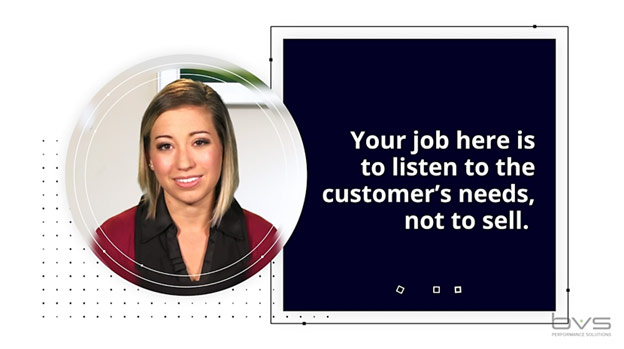October 2020
COVID Has Definitely NOT Put a Damper on Scams
By Phyllis Simon, Director, Sales and Marketing, BVS Performance Solutions
Here's one that was too close to home:
A bad storm in Cedar Rapids caused major damage and left stressed out residents scrambling to clean-up and repair: downed trees, missing roofs, shattered windows. Scammers they now call "Storm Chasers" went door to door, often preying on elders, offering services for payment in cash — $100 bills only. Always overcharging and sometimes just stealing the money outright, the tactic was so rampant and so successful that the banks were reportedly running out of $100 bills. The scamming was widely shared in the news. Was there a tactful way that banks could have broached the subject with clients who were making unusual withdrawals of $100 bills?
Then you hear about the folks who thought they had pretty good security on their credit card accounts. While the credit card provider had an option to elect greater or more specific security protocols on the account, like calling/texting to confirm a "more expensive than normal" purchase you actually did make, who knew how to look out for activity like a hacker racking up $3000 in Apple charges — $99.99 at a time? There was no alert box to check off for that one. Interestingly, those charges occurred between billing cycles so, unless card holders watched their account regularly, good chance nothing would have been noticed until the next bill arrived.
And then there's the story about an elderly aunt who has been sending monthly $10 checks to a fake government agency (whose letterhead looks very authentic) threatening legal action if she doesn't remit an overdue balance. And that's just one ‘official' looking request for money. Never a request for very large amounts. Her check book records these transactions going back at least two years.
Whose responsibility is it to look out for our neighbors, our elders, those who are vulnerable? Talking about money is sometimes tricky in personal relationships. Fear, embarrassment or isolation often deters people from reporting or discussing the issue. Asking someone how or why they spend their money a certain way can come across as patronizing.
If you suspect someone you know is a victim of fraud, rather than interrogating or lecturing, try sharing information about a scam that you've heard is going around or a personal anecdote. This approach will let the person know they're not alone in dealing with scams (it can happen to anyone) and perhaps compel them to consider their own situation, discuss it with you and ultimately report the scam.
Bankers, as trusted advisors, are often in the best position to address concerns they might have regarding the financial behavior of an account holder. As a friend or family member, keep in mind that scammers are good at their job. Some of the most intelligent, financially literate, street-smart individuals have been mightily scammed. That individual could be you.






 Call 800.553.5972
Call 800.553.5972


